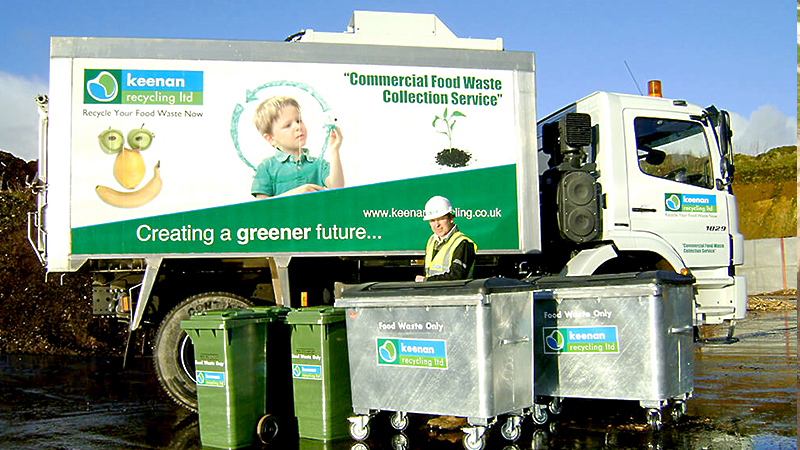
Robin Szmidt
Robin Szmidt, Target Renewables
The UK was hit seriously by COVID in early March with lockdown being put in place nationwide on March 23rd. Early on, the waste industry was recognized as a key sector and was allowed to continue serving both communities and those businesses still operating: the job itself, however, has had to change. With an increase in home-working, a changing pattern of food retail, and a complete shut-down of the hospitality sector such as hotels, restaurants, bars etc., the type and quantity of food waste has quickly and dramatically changed. Some authorities have stopped food waste collection all together while others have reduced collections, for instance because of reduced staffing or the need for social distancing in vehicles.
Although there is not yet any accurate data, reports suggest that the quantity of food waste going to anaerobic digestion has reduced by about 10 to 15%, whereas for facilities geared to serving the hospitality, commercial and industrial sectors, the reduction seems now to be around 50% or more. At the same time, agriculture has its own problems with food not reaching the market in the way it should. This has resulted in considerable wastage, for instance of milk and out-of-date food and drink. Key industry bodies including the Association for Renewable Energy and Clean Technology, the Anaerobic Digestion and Bioresource Association, agricultural unions and others are working closely with government departments to see if this can, somehow, be dealt with quickly and in a coordinated way.
Whether AD operators can suddenly switch to new inputs both technically and under their permit restrictions, both to maintain their facilities and energy outputs, while also helping rebalance the waste sector, remains to be seen. Experienced operators are, rightly, wary of being asked to suddenly take on feedstock that might upset their digesters. Staff shortages are another reality.
In terms of yard trimmings, many curbside collections have stopped entirely while landscapers are not working and drop-off sites are closed. As a result, some composters have been struggling to find any new input material. Simply to keep their businesses ticking, some have started collecting bulk-bags of yard trimmings from households — normally the job of the local authority to lift the wheelie-bins — and selling compost in return. All this is new territory and not easy given social distancing requirements.
Project developers have their own challenges with projects in construction running the risk of missing tariff deadlines, higher costs, investor confidence and so on. A number of UK working groups are striving to ensure that government understands the predicament and that projects are not disadvantaged. All in all, it’s too early to foresee the impact on future growth of the industry, especially with all the daily challenges. So, let’s hang onto our hats and try and ride out this Bucking Bronco!












